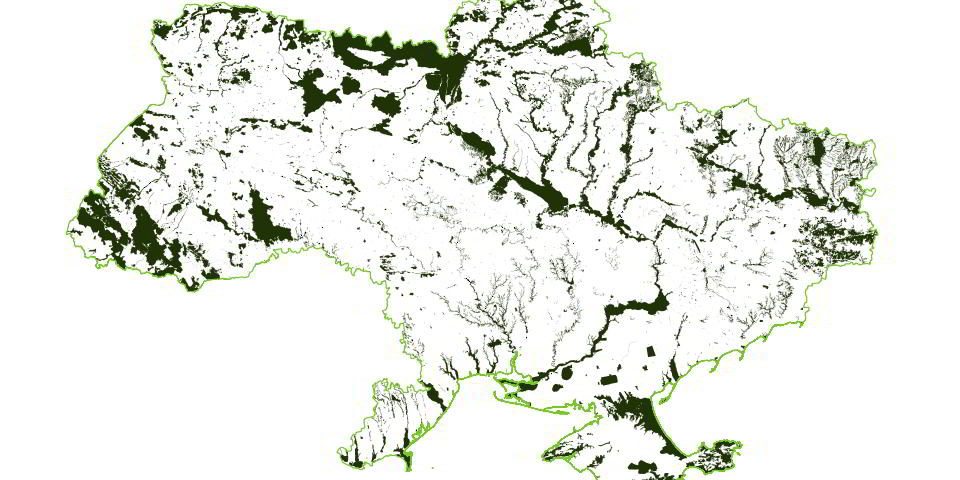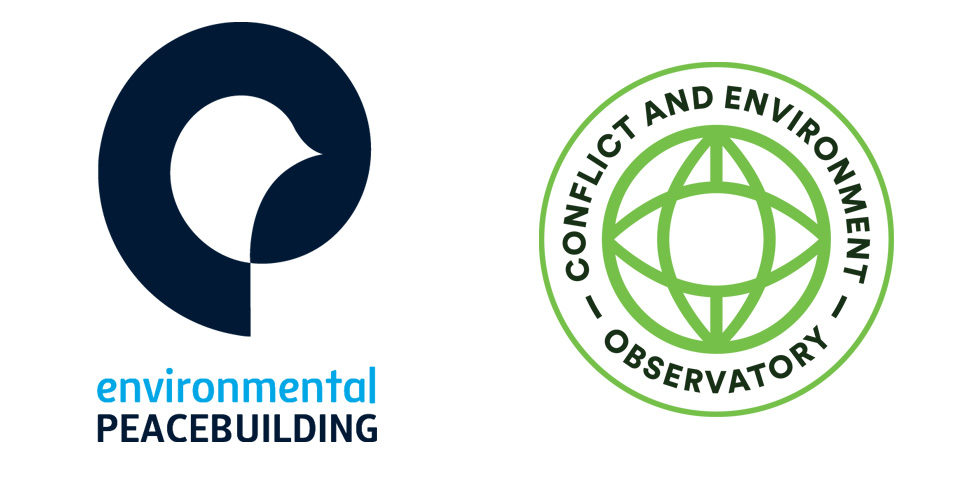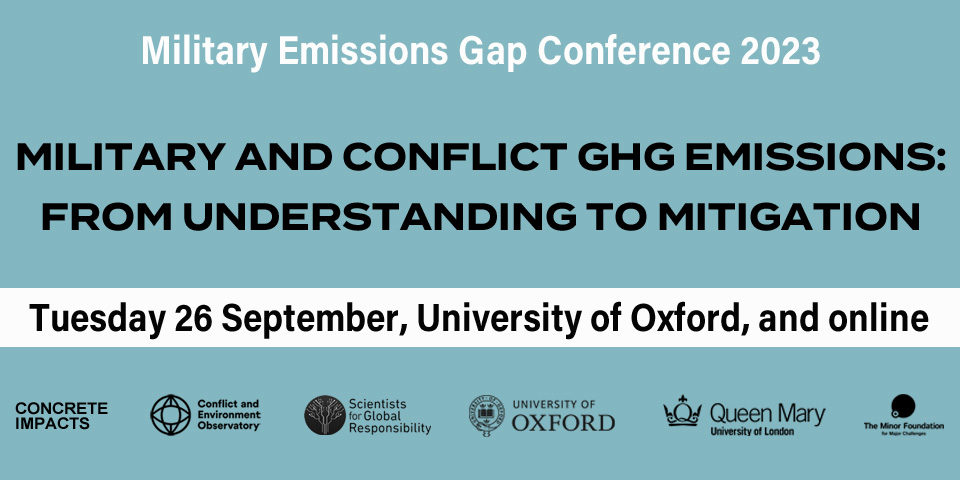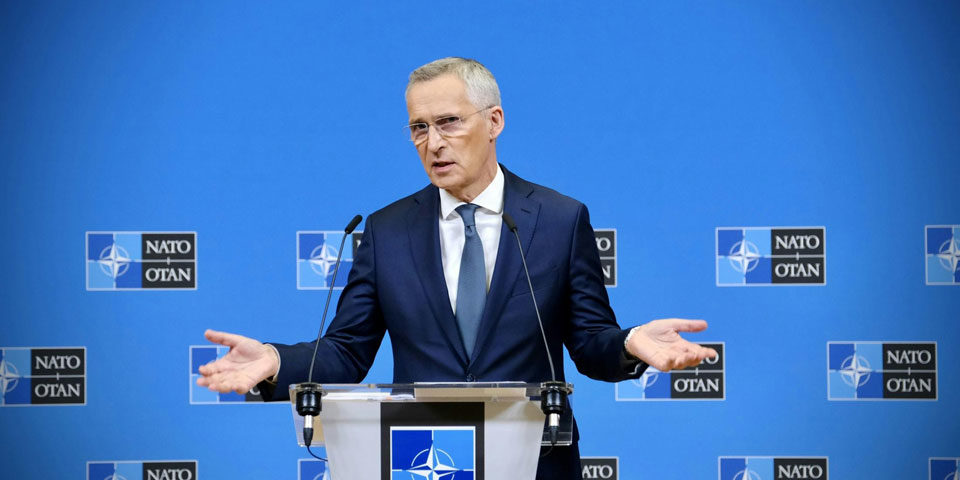Mapping Ukraine’s ecologically important areas
War in Ukraine has made it vital that we understand where its ecologically important areas are. We’ve collaborated with the Ukrainian Nature Conservation Group and Zoï Environment Network to build the most comprehensive digital map available of its most important areas for nature.








